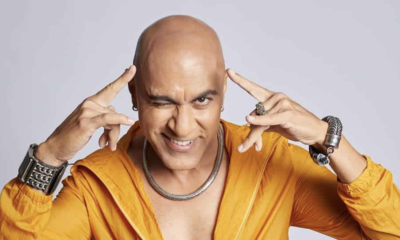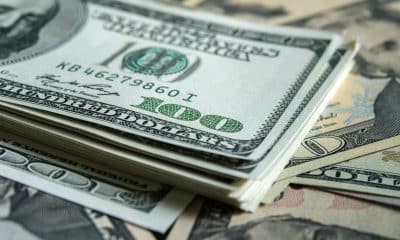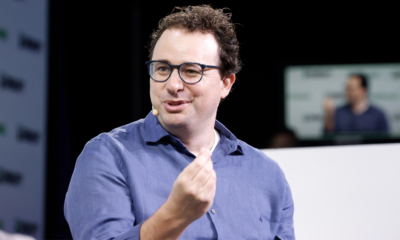Health
In Uttarakhand, Ayurveda practitioners can now prescribe allopathic medicines
In a controversial move, the Uttarakhand government has allowed ayurveda doctors to prescribe select allopathic medicines to patients in case of emergencies. Speaking on the sidelines of a Yoga day event at the Uttarakhand Ayurvedic University, Ayush Minister Harak Singh Rawat said the the move was aimed at making emergency medical treatment available for people living in the state’s remote hill areas.
“We have approved their (Ayurveda doctors) demand to prescribe allopathic medicines in emergency conditions. We are hopeful that by this decision thousands of people in the remote areas of the state will get a lot of help as there are hardly any (allopathic) doctors,”
There are around 800 ayurvedic doctors in Uttarakhand and as many ayurvedic dispensaries, of which 90 per cent are located in the remote hill areas, he said.
The decision, which requires changes in the Uttar Pradesh Bharatiya Chikitsa Adhiniyam, will help people living in the disaster and accident prone hill areas who are deprived of proper healthcare facilities, the minister said. However, the announcement sparked a sharp reaction from the Indian Medical Association (IMA), Uttarakhand, which termed it “illegal”.
“It is illegal and falls into the category of mixopathy,” IMA, Uttarakhand secretary Ajay Khanna said.
“Mixopathy will only harm patients in an emergency. The Supreme Court and the high courts are very clear on this. Ayurvedic doctors cannot practise allopathy as they are not qualified for it,” he said.
Also Read: Covaxin: Bharat Biotech submits phase 3 trial data; DCGI expert panel meet today
“How can ayurvedic doctors prescribe allopathic medicines without knowing about allopathy?” Khanna asked.
Notably, the announcement comes at a time when experts of both the streams are embroiled in a debate whether allopathy is best over Ayurveda.
However, Bharatiya Chikitsa Parishad, Uttarakhand vice president and senior physician J N Nautiyal welcomed the decision, saying 80 per cent of the state’s population, which is deprived of healthcare facilities, is going to benefit immensely from







































